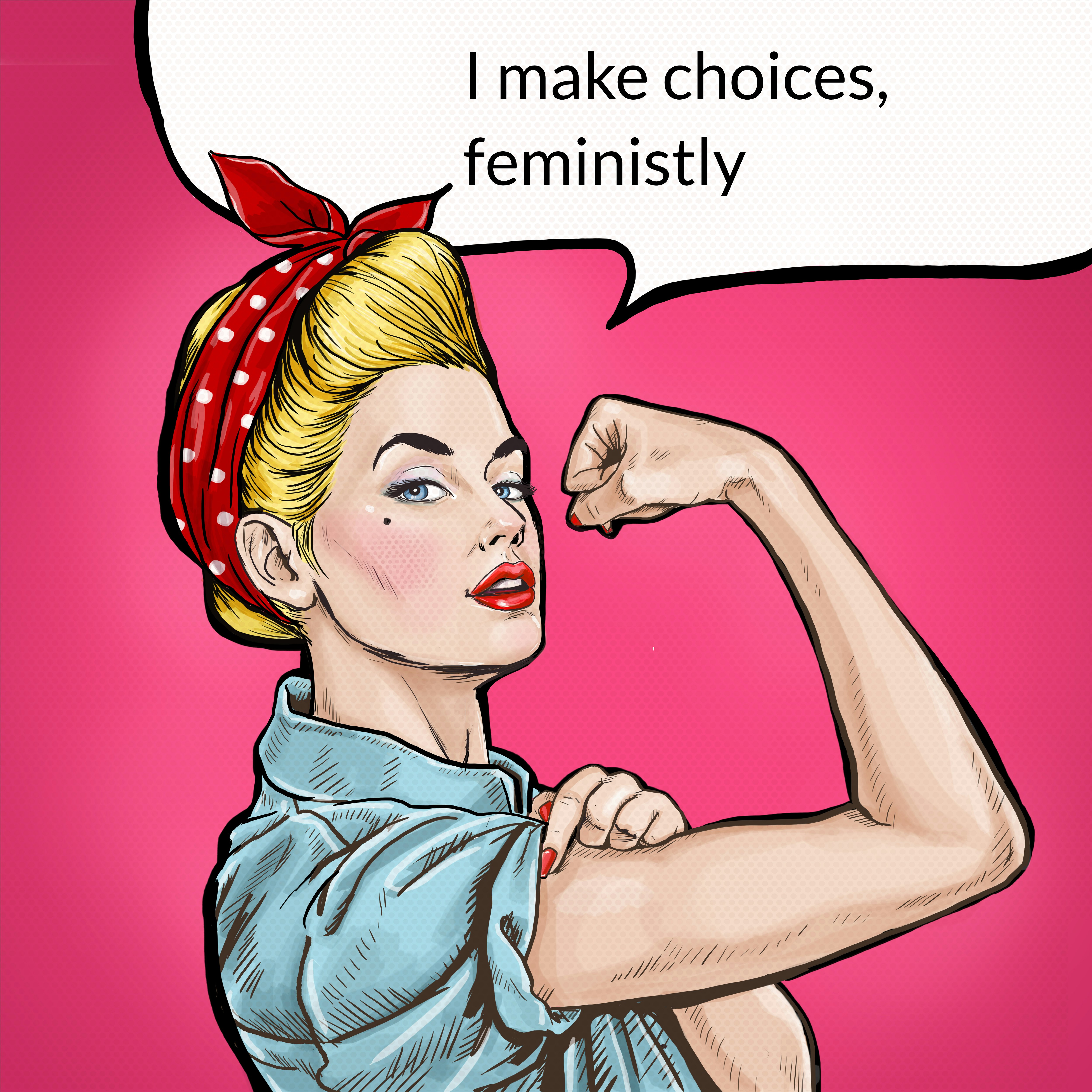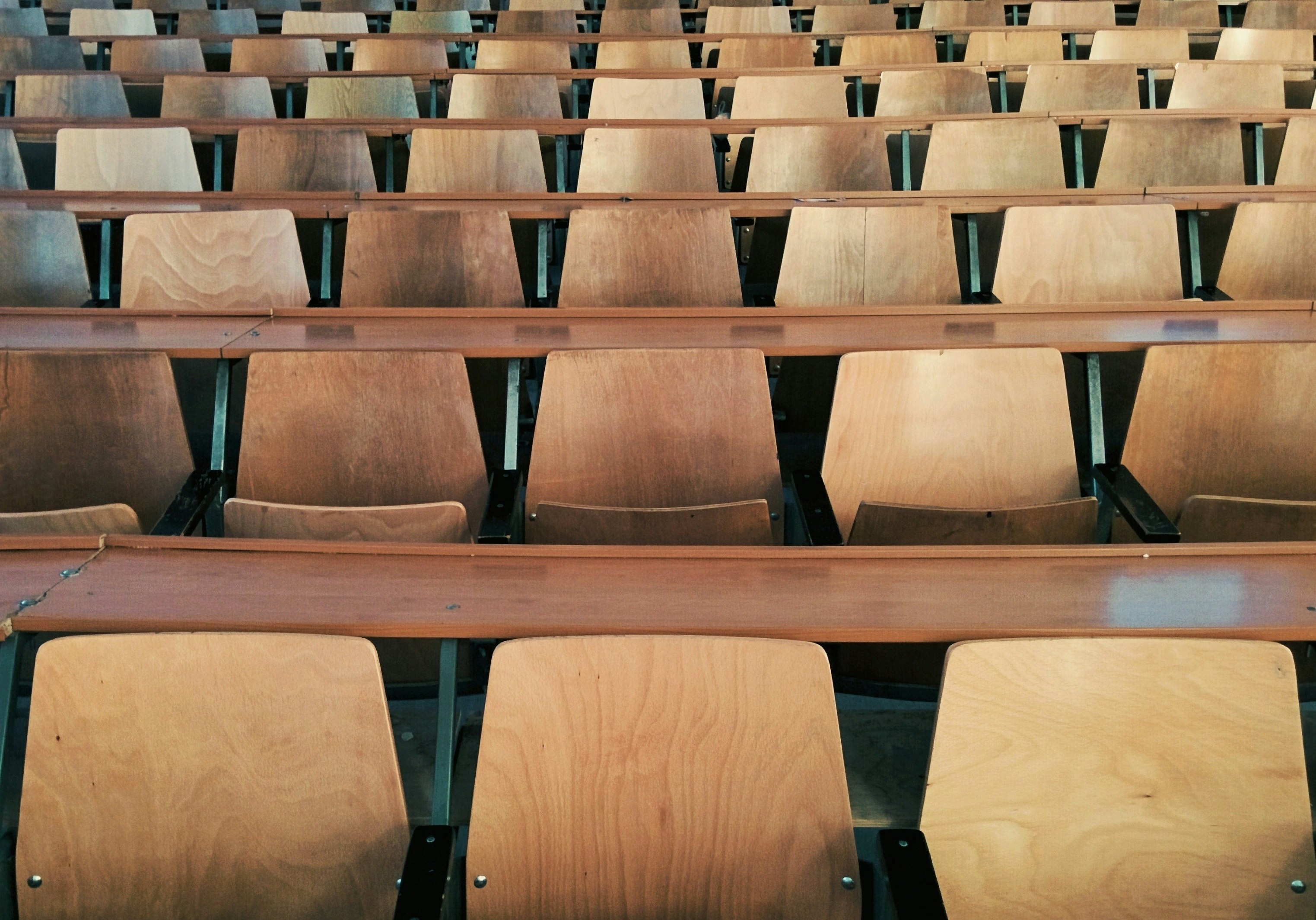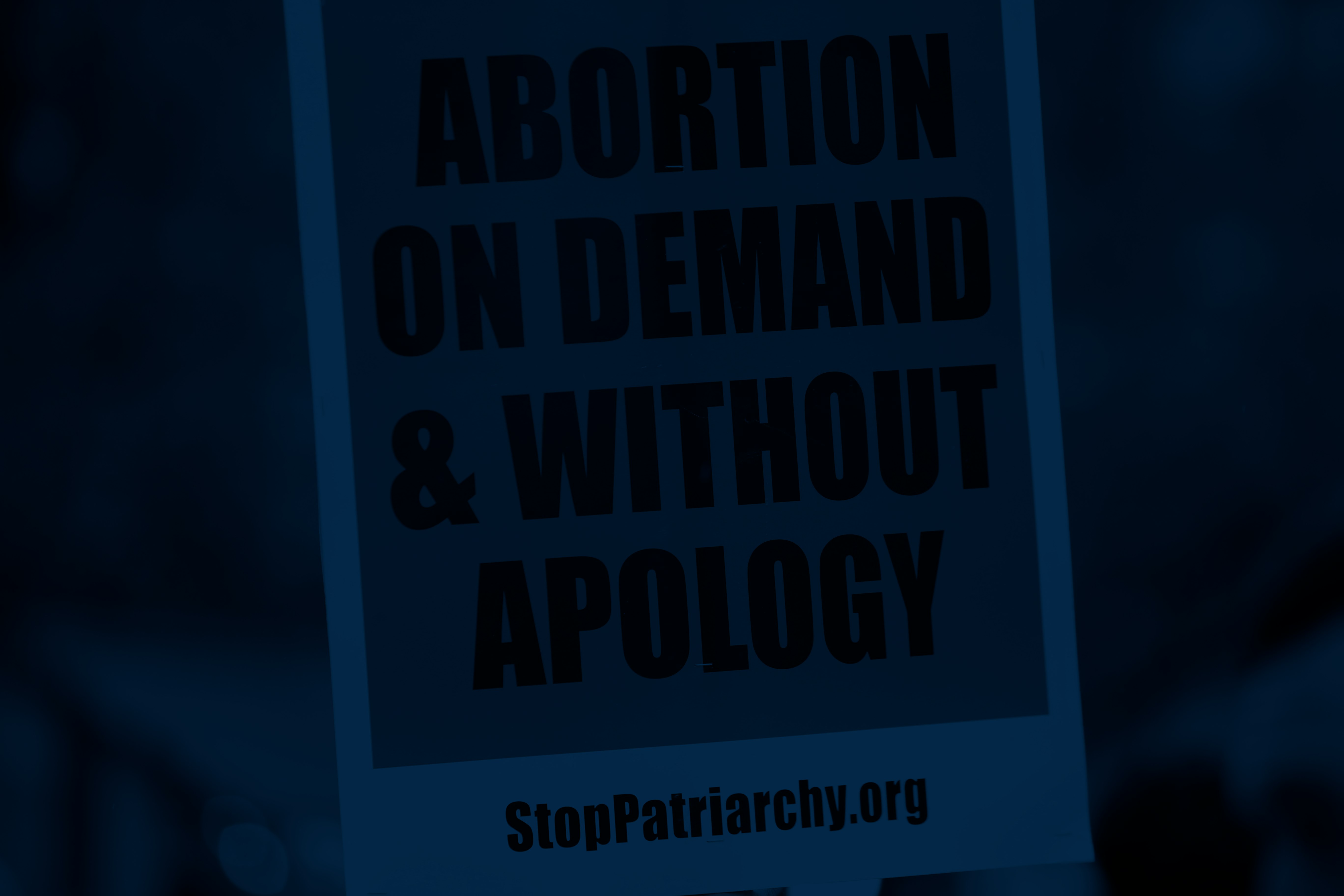The children, you may have heard, are our future. So education is important — it’s pretty much too late to fix adults, but if we can improve young people, then society’s future looks better. This is what I told myself for years while tutoring high school students in SAT/ACT prep and English. Even when the tests seemed tedious and the college admissions process byzantine, I could at least tell myself I was performing a social good.
It’s not just me. This is the conventional wisdom even on a macro level. “We must improve education” is one of those political platitudes that is repeated so often, we generally move quickly to questions of how to do that without ever pausing to consider why. Because while there are bitter debates about what constitutes a good education, people rarely question the premise that a better education will improve the lives of students.
But this premise deserves our scrutiny. The evidence that education itself makes people successful is somewhat mixed. While it is certainly true that people with more education earn more money, it is unclear that this is because of education. Rather, it’s more likely that the people set up to succeed in our society (because of their economic status, their racial background, their health, their family support, etc.) are set up to succeed in school by those same factors. Indeed, a working paper put out last year by a UC Berkeley economist found “little evidence that differences in the quality of K-12 schooling are a key mechanism driving variation in intergenerational mobility.” Good schools, in other words, are not enough.
So many people are conditioned to see education as the answer, though, because they are asking the wrong question. Even if a good education could catapult every student into higher income brackets, the very existence of such divergent brackets is the source of most social problems. Soaring debt, lost job security, and skyrocketing health care costs are not due to Americans getting bad grades, and “better education” will not fix those issues by itself.
Working as a tutor makes this abundantly clear. Even more than other types of education, getting tutored is about trying to compete with everyone else. Whether it’s a high-achiever trying to fight off a rival for valedictorian, or a non-native speaker trying to catch up to his peers, students (and their parents) seek out tutors out of fear of falling behind. Students and parents understand how education is connected to the larger sorting of our society, and they desperately want to improve their chances.
This is why college admissions in particular drives everyone crazy. A good college is one of the keys to entry into the top economic echelon. Unlike the other keys — race, family background, etc. — it is under some degree of control, so parents do whatever they can to ensure their kids have the best chance to go to the best possible school. This is how I convinced myself that tutoring was a social good: If I could help a few students through the college admissions process, then that would at least offer the promise of a good education to some who wouldn’t otherwise get it. Of course, this doesn’t really fix the problem of inequality, and in many ways only makes it worse, since tutors and other educational resources are not available to everyone.
But the most common response to unequal access — that we need to make quality education more broadly accessible — isn’t as helpful as everyone likes to think. Improving public schools, making college free, and even expanding charters and school vouchers are all policy ideas that stem from the belief that expanding access to education will alleviate inequality. But this belief is premised on the idea that education is really about teaching students necessary skills for the workforce.
Those who tout the advantages of a good education like to conjure an image of some future society full of educated professionals all working stable, fulfilling, and salaried jobs. But even the worst students can look around the world and see through this. They can see the economic instability facing most people, and they know that a good education won’t undo the vagaries of the gig economy, or replace the protections of a union. But, they’re told, if you do well enough in school, then hopefully you won’t have to worry about that stuff.
This false promise was more disheartening that any other realization I had while working with students. Unfair tests, confusing admissions policies, unequal schools — all that is bad but sadly unsurprising, so you can prepare yourself for it. On the other hand, I was not prepared to lie to students about how, if they just figured out trig functions, then everything would be OK.
Education fetishism gives the illusion of fairness to society’s inequalities. Grades and test scores and college rankings mirror the stratification of the economy, and apply a thin veneer of meritocracy to that hierarchy. What students internalize about school is that it is primarily about ranking people. So attempts to improve education are really attempts to make those rankings more accurate, instead of making them less determinative. As long as this is true, then education is not really the solution to society’s problems. Even bold steps to improve schools and bring down college costs will not fix the problem of inequality, since status and sorting are also the results of education in America.
None of this is to say that education is bad or that schools should not be improved for their own sake. Learning things, after all, is fun. Education is great when it’s about teaching people stuff they want to know. But because school has to serve this burden of fixing social problems it is not equipped to fix, it cannot simply teach students interesting things they want to learn. Students should learn trig functions because they are an elegant solution to a complicated problem. They should read Hamlet because it’s a good play. They should learn things because there is value in learning them.
Instead, educators have to rend these subjects apart, breaking them into supposedly marketable skills like “reading comprehension” and “analytical reasoning” so that they can be used to demonstrate a student’s market value and justify patently unjust economic outcomes. As long as this is the case, then not only will inequality fail to get better, but education will continue to get worse. Instead of insisting we can educate ourselves out of the social problems capitalism creates, we should learn something new.














